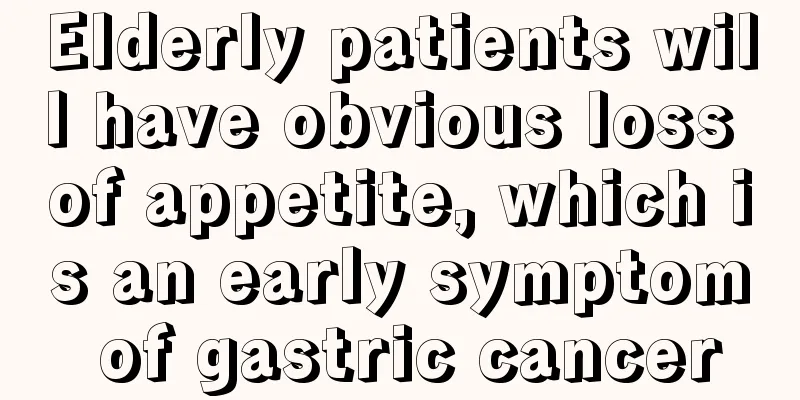What are the symptoms of colorectal cancer when it occurs

|
Colon cancer has an insidious onset. In the early stage, only fecal occult blood is found, which gradually turns into bloody stool, dysentery-like bloody stool, tenesmus, and sometimes stubborn constipation. The stool becomes thinner or mushy, or diarrhea and constipation alternate. These changes become prominent manifestations of colon cancer. Patients often have varying degrees of abdominal pain, often with erosion, necrosis and secondary infection. If it occurs on the right side, it will cause dull pain in the right abdomen, and sometimes abdominal pain after meals. Left-sided colon cancer is often complicated by intestinal obstruction, sometimes with abdominal colic, accompanied by abdominal distension, hyperactive bowel sounds, etc. Abdominal masses are more common in the right abdomen and are one of the manifestations of right-sided colon cancer, indicating that it has reached the middle or late stages. The surface of the mass may feel nodular and can generally be moved, but it becomes fixed in the late stages of the tumor and may be tender when combined with infection. Patients with colon cancer may experience progressive anemia, low-grade fever, progressive weight loss, cachexia, hepatomegaly, edema, jaundice, and ascites. Colon cancer (including rectal cancer) is adenocarcinoma of the large intestine and is a common malignant tumor in the intestine. The cause of the disease is not yet clear, but the occurrence of this disease is related to a diet high in fat and low in fiber. Adenomatous polyps, colonic schistosomiasis, nonspecific ulcerative colitis, bacterial dysentery, and amoebiasis are also closely related to the occurrence of this disease. About 40% of colon cancers occur in the rectum and rectosigmoid flexure, and the rest occur in the sigmoid colon, cecum, ascending colon, descending colon, transverse colon, liver, and splenic flexures. It is important to know that colon cancer poses a serious threat to the patient's health and even life, whether it is not treated in time at the beginning or delayed treatment after recurrence. Therefore, if the patient has the above-mentioned symptoms of colon cancer, he must go to a regular hospital for treatment in time, otherwise it is easy to cause an irreversible situation. |
<<: What should a woman do if she finds out about colorectal cancer before getting pregnant
>>: What are the common drugs used to treat esophageal cancer?
Recommend
What causes pain above belly button?
When you feel pain above your belly button, you c...
What should I do if I have acute diarrhea?
The impact of acute diarrhea is relatively large....
How to treat symptoms of hives
Most patients will recover on their own when they...
Can massage treat insomnia?
Massage is a good way to maintain health. It can ...
How to use clindamycin ointment?
Modern medicines are produced in large quantities...
Symptoms of neurocostitis
Inflammation is a common condition in the human b...
What examinations should liver cancer patients take? Three main examination items for liver cancer
What tests should liver cancer patients undergo? ...
Late-stage bone cancer cure rate
What is the treatment effect of bone cancer? This...
Blood viscosity measurement
With the continuous improvement of social life, p...
There are blisters under the skin after the scab falls off
It is inevitable that people will get injured in ...
What are the dangers of cold light teeth whitening device
The cold light whitening device is a special inst...
How to treat tinnitus and blockage in the ears?
People will encounter a lot of unexpected events ...
The fastest way to learn to move your neck
Everyone knows about moving the neck because it i...
What to do if a ganglion cyst ruptures
A ganglion cyst is a cystic tumor that appears in...
What is the effect of inhaling carbon dioxide on breathing?
When it comes to carbon dioxide, everyone is fami...









